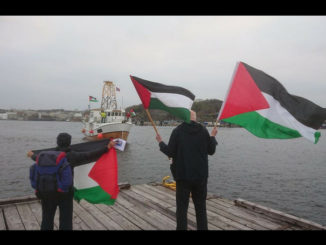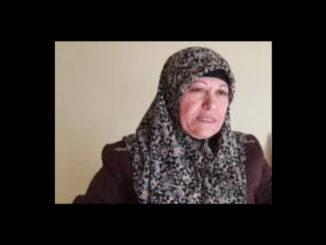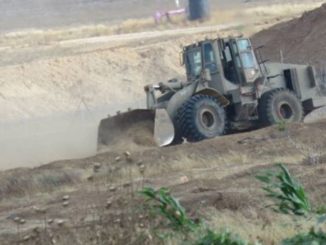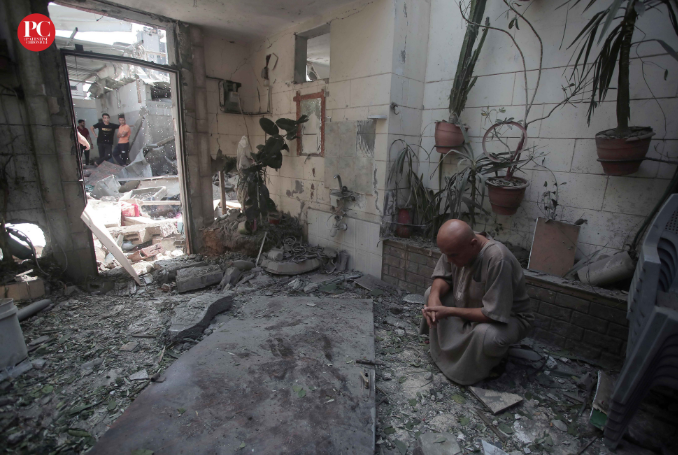
It’s been hard for me to sit down and write this article. For days now I avoided it because I feel that what I’ll say may simply come off as me being a crank.
I think it’s worth the risk. What I want to talk about has to do with how I feel the West, not simply our so-called political ‘leaders’ but people more generally, responded to the Israeli bombing of Gaza last week. And what that says about us in the West, as a culture.
In the main, the problem is that there was no response. So many seemed either to not know at all what was happening in Gaza, ignored it or if they were aware simply didn’t care to do anything—not even talk about it. Instead, what I saw was what the West loves to do in summer: go to music festivals, vacation, and take tons of selfies. In a word, fun.
Something really bothered me about this, especially on my social media feeds where it was contrasted with graphic images of Palestinians killed by Israeli forces. It’s enough to shake if not eliminate your faith in a moral universe or God.
How can one part of the world be immersed in entertaining themselves, not having to worry at all about being targeted by a terrorist state, while it’s the very opposite for another? Gazans were being effectively punished for doing absolutely nothing wrong (other than of course being, for Israel, “Palestinian”). Why do we in the West get to enjoy summer and they don’t?
We might be wealthier but we’re not in the least better. In fact, Palestinians—in how they unrelentingly resist Israeli occupation—are arguably more courageous than us. Why are they made to suffer for it when we, showing less the brave virtue, are given ample opportunity to partake in leisure? As if the universe were saying we somehow “deserve” it more?
A younger, more 20-something me may have been more laissez-faire.
“Live and let be,” I may have said. “If people want to enjoy life and they’re not harming anyone, who am I to object?”
A little older it’s hard for me to be comfortable with that anymore. Our problem in the West is that we indulge too much in recreation without caring about what’s happening elsewhere. Some might argue that people aren’t ultimately to blame. We live in a society that conditions most to think about work and family, a relatively narrow range of concerns, and when that’s taken care of they only want to party or “take it easy.”
The fact that it’s “normal” in the West not to be doing anything about the ethnic cleansing of Palestine, despite it being perpetrated now by Israel for decades, should be bothering us all. If we are moral people, and have any real conscience, this cannot continue.
It shouldn’t just be those publicly deemed “activists”, such as well-known writers, journalists and agitators, who are fighting to free Palestine. It should be every single free person. Indeed, the ethnic cleansing of Palestine demands the attention of humanity.
During the bombing I came across this passage, written in 1969 by American anti-war and poverty activist, Dorothy Day:
“A man is a man, and to hear him crying out in pain and anguish, whether he is a friend or enemy, is to have one’s heart torn in unutterable sorrow. The impulse to stand out against the state and go to jail rather than serve is an instinct for penance, to take on some of the suffering of the world, to share in it.”
I believe we in the West have forgotten how to do this. We’ve become too selfish, a “me” culture that doesn’t want bad things to happen to other people necessarily but when they do, including the injustices endured by the Palestinian people, we too often shrug our shoulders. We lean towards inaction and that has to stop.
Instead of investing so much time in ourselves, we each have to do more in solidarity with the Palestinian people, thereby honouring the “impulse” described by Day. That indeed may sound austere to Westerners. We unabashedly celebrate individual freedom, not being encumbered by the “problems” of others.
But being human is not simply living a life of pleasure and satisfaction, much as that may enrich our lives. It is also, as Day alludes, about suffering when others do.
That is in virtue of our interconnectedness—the shared humanity that binds us willy-nilly. When others suffer and we don’t it’s because we’ve performed some dishonorable act of the mind, rationalizing perhaps, to trivialize or downplay the suffering of others. Through self-talk, we have reduced it to a “challenge” or “difficulty” that can be endured with little to no pain.
Rejecting this, the West must more fully appreciate how much Palestinians are suffering. As it does a sizeable part of the planet will be moved to action, to partake in the larger international struggle for Palestinian justice. More will be organizing a pro-Palestinian demonstration instead of deciding what to watch on Netflix, volunteering in a BDS campaign instead of heading to multiple music festivals, and petitioning administrations to push back against the influence of the Israeli lobby in schools.
There is always something each should be doing in solidarity with the Palestinian people. Being constantly “busy” for ourselves, as we love to do in the West, detracts from that, allowing Israel to carry out the ethnic cleansing of Palestine more easily.
From self-help gurus to modern parenting, an ethos pervades the West that there should be no “shoulds.” We should be primarily focused on doing what’s right or works for ourselves. In the extreme this, if it “inconveniences” us, justifies inaction around Palestine.
It’s unacceptable. It’s also to be complicit in the ethnic cleansing. Resisting that may require we suffer. But, given the very existence of Palestine is at stake, we should.
We’ve had the luxury far too long of living only for ourselves.
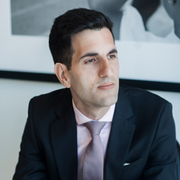
– Paul Salvatori is a Toronto-based journalist, community worker and artist. Much of his work on Palestine involves public education, such as through his recently created interview series, “Palestine in Perspective” (The Dark Room Podcast), where he speaks with writers, scholars and activists. He contributed this article to The Palestine Chronicle.




